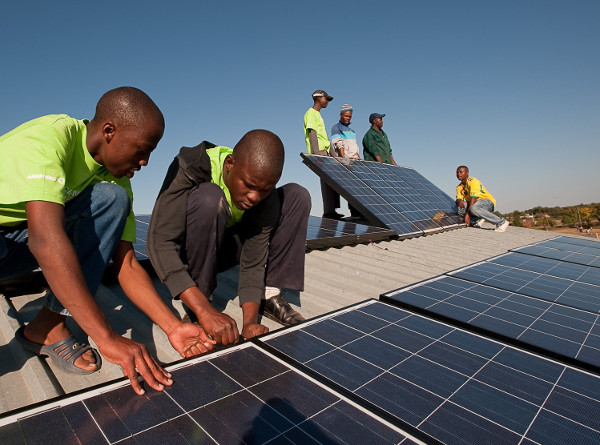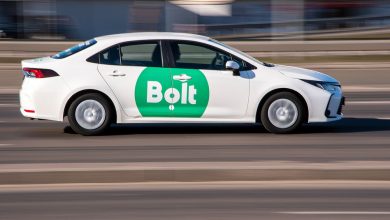Jeff Bezos-backed GEAPP set to help Nigeria’s energy crisis with solar power

On Tuesday, October 22, the Global Energy Alliance for People and Planet (GEAPP), a climate group supported by the Rockefeller Foundation and the Bezos Earth Fund, is working on a special project to bring solar power to Nigeria. This initiative aims to solve Nigeria’s ongoing electricity problems.
Launched in 2021 with help from the Ikea Foundation, GEAPP focuses on building renewable energy sources. They completed their first solar mini-grid in December 2023 and are currently building two more, with plans for a fourth one already funded.
These mini-grids, run by private companies, provide extra electricity to help support the national grid, which often struggles. As reported by Nairametrics, this project is part of a bigger mission to make sure more people have access to electricity and to reduce Nigeria’s dependence on traditional energy sources.
Nigeria is the most populated country in Africa but has big challenges with electricity supply. Many homes and businesses struggle because the national grid isn’t reliable. Right now, about 86 million Nigerians don’t have electricity, and those who do often experience power outages.
Solar energy is a great option for Nigeria because it gets an average of six hours of sunlight every day. This means there’s potential for a lot of solar power—around 427,000 megawatts!
A key part of this project is GEAPP’s Demand Aggregation for Renewable Technology (DART) program, which helps lower the cost of solar equipment by combining the needs of different developers. This program also manages a $25 million funding pool to help these developers pay for equipment. They can repay the money in Nigerian naira once they start earning from their solar projects.
Currently, Nigeria’s national grid produces about 4,000 megawatts of electricity, which is only one-sixth of what South Africa produces, even though Nigeria has a much larger population. The situation is worsened by frequent grid failures, with three power outages happening in just one week!
Muhammad Wakil, GEAPP’s country delivery lead, explained the need for many more projects like this to fight energy poverty. “We have shown it’s a viable business model,” Wakil said.
In addition to GEAPP’s work, the Nigerian government recently started a rural electrification project, funded by $750 million from the World Bank. This project, managed by the Rural Electrification Agency (REA), aims to provide electricity to 17.5 million people, which will help improve energy access and reduce poverty across the nation.
While these solar mini-grids and rural electrification efforts are important steps, Nigeria will need even more investment in renewable energy to completely solve its power problems.





